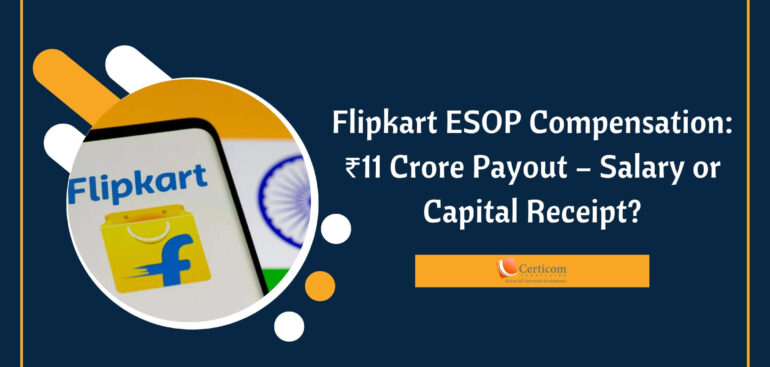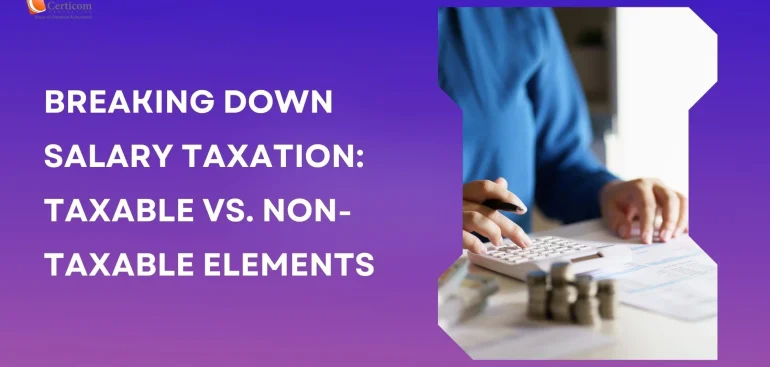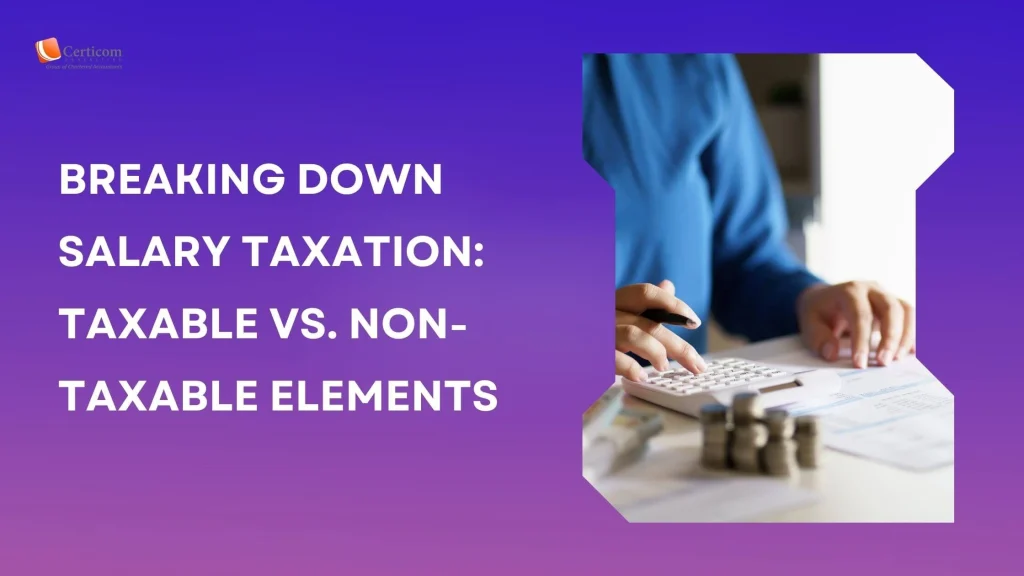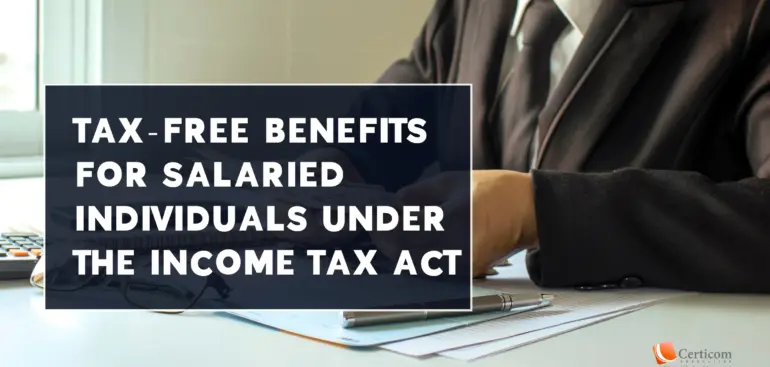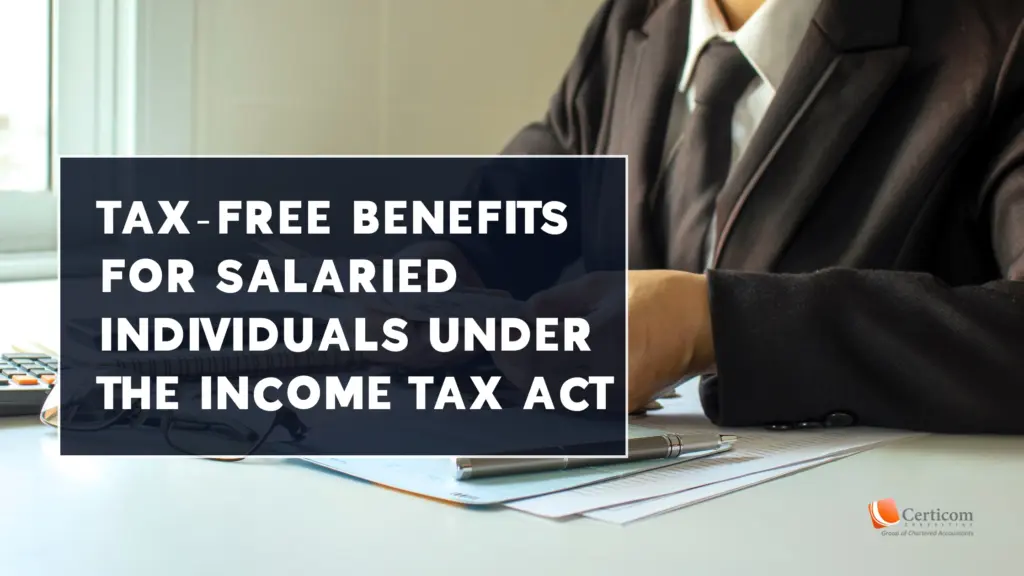Flipkart ESOP Compensation: ₹11 Crore Payout – Salary or Capital Receipt?

In a landmark situation that could set a precedent for global tech employees, Flipkart employees received massive discretionary payouts after their ESOPs lost value due to a corporate restructure. But the key question remains—should such payouts be taxed as salary or treated as capital receipts?
Here’s a deep dive into the legal tangle and what it means for your ITR filing this season.
The Background: Flipkart, PhonePe & ESOPs
Employees of Flipkart were granted ESOPs by its parent company, Flipkart Pvt Ltd (FPS), based in Singapore.
Then came a major corporate development—PhonePe was demerged from Flipkart. This restructuring significantly eroded the valuation of the ESOPs that had been allotted to employees.
What followed was highly unusual: FPS voluntarily chose to compensate employees for the notional loss in ESOP value—even though there was no legal or contractual obligation to do so.

This wasn’t a token gesture. The payouts were substantial:
One employee received ₹76 lakh
Another received over ₹11 crore
And this was for ESOPs that had not even been exercised.
The Central Tax Question
The real debate centers around this:
Is this payout taxable as salary (perquisite)? Or is it a non-taxable capital receipt?
Let’s examine both arguments.
Argument 1: It's Taxable Salary under Section 17(2)(vi)
Section 17(2)(vi) of the Income Tax Act, 1961 includes in salary the value of any specified security or sweat equity shares allotted or transferred, either directly or indirectly, to the employee by virtue of employment.
The Madras High Court held that this language is broad enough to include such discretionary payouts—even for unexercised ESOPs.
So, even though the ESOPs were not exercised, the court considered the payout a taxable perquisite, making TDS applicable.
Argument 2: It's a Non-Taxable Capital Receipt
However, both the Delhi High Court and Karnataka High Court disagreed. Their key observations:
The ESOPs were never exercised
No shares were transferred
The compensation was a voluntary, one-time goodwill gesture
There was no contractual right to this payout
As per these courts, the payout was not linked to any “perquisite” arising from employment but rather a capital receipt, not liable to income tax.
Hence, TDS should not have been deducted, and employees could be entitled to refunds.
Legal Conflict: Divergent High Court Views
This issue has now resulted in directly conflicting judgments:
Delhi HC (Sanjay Baweja case)
Karnataka HC (Manjeet Singh Chawla case)
VersusMadras HC (Nishithkumar Mehta case)
While the Delhi and Karnataka HCs protected employees from tax on unexercised ESOP payouts, Madras HC ruled such amounts are salary income and hence taxable.
This is not a case of differing interpretations—it’s a direct legal face-off.
What Should Flipkart Employees (and Others) Do Now?
If you’re one of the affected employees (or in a similar situation), here’s what you should consider:
If TDS was deducted, you may claim a refund while filing your ITR, based on Delhi and Karnataka HC rulings.
Maintain all documentation related to how the compensation was computed.
Stay tuned for further developments—Supreme Court intervention is likely, and its decision will provide final clarity.

Why This Case Has Wider Implications
This isn’t just about Flipkart.
Many global corporations grant ESOPs via offshore entities, and corporate restructuring events—like spin-offs, mergers, and demergers—can impact valuations. If companies begin issuing discretionary compensation for such value erosion, the tax treatment must be clearly defined.
With rising cross-border employment and stock-based compensation becoming the norm, this issue will only grow in relevance.
Key Takeaway
For now: Taxpayers who’ve received such ESOP-related payouts should evaluate legal precedents, maintain records, and consider seeking refunds if TDS has been deducted.
But keep in mind—this issue is headed for the Supreme Court. Until then, caution and awareness are key.
Related Post
Resident’s Guide to Buying NRI Property in India
Flipkart ESOP Compensation: ₹11 Crore Payout – Salary or Capital Receipt?
Form 16: Key to Accurate ITR Filing
Book A One To One Consultation Now For FREE
How can we help? *


